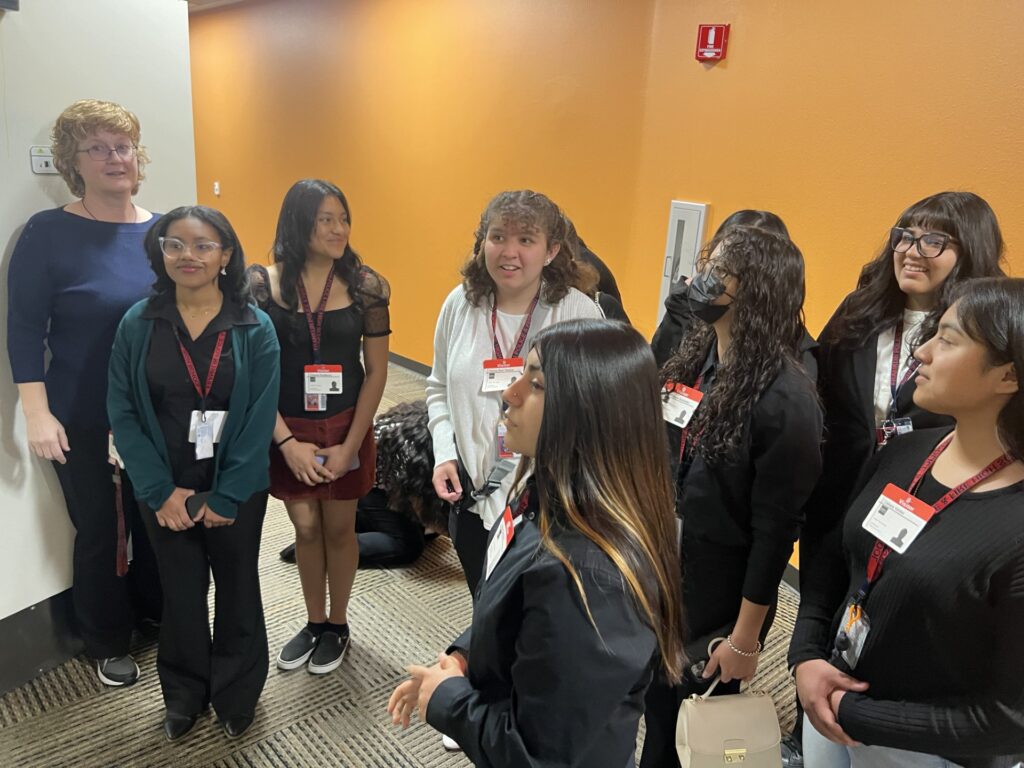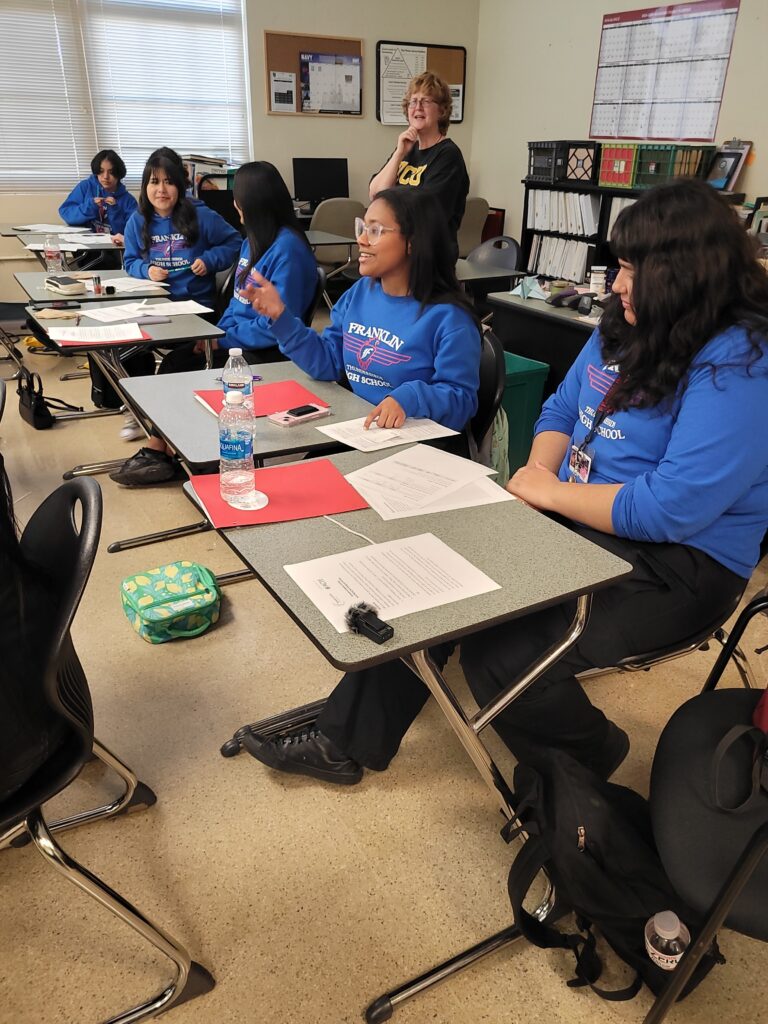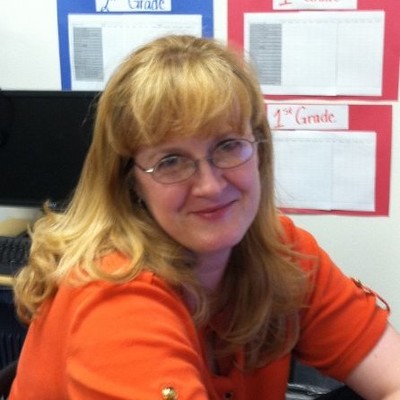Q: How did your family and culture influence who you are today?

I came to America as many of my students did – not speaking a word of English. And, like many of my students, my entire family of five bunked with my grandmother in a one-bedroom apartment. My dad had served in the military overseas, but when we came here, he started at the bottom, as a checker at a grocery store. Money was tight. Hand-me-downs were part of life. Once a year, before the school year started, we would get a few new clothes and we were expected to work hard. Over the decades, I watched my parents build a business, buy a house, invest in a second house, lose the second house, and, 35 years after opening their doors, lose their business. And, in all those decades, never once did we talk about money. It just wasn’t done.
Q: What makes ACEE significant in your perspective?

The only constant is change and what we know can make us more resilient to change. Too many women get married and divorced and watch their lives fall apart. Family members die and families are launched into poverty. I understand my parents’ generation had a different attitude about money, but we cannot fix what we cannot acknowledge.
ACEE has given me an invaluable education. When I needed help becoming highly qualified in economics, ACEE had a part in my education. When I saw that my students had gaps in what they knew and it was holding them back, ACEE provided me the missing pieces. I have developed personal finance opportunities because of ACEE’s generosity and foresight.
Q: What motivates your passion for financial and economic education?

I see too many of my students’ families incapacitated by lack of knowledge and the resulting consequences. As I came to this realization, I met with my principal. “You can’t teach everything.” He cautioned, trying to protect me from all my crazy ideas. “I’m on a mission to break the cycle of poverty for my students!” I explained. That means I need to teach my students the power of money and how they can make it work for them.
As a teacher, I believe that education changes lives and breaks the cycle of poverty. More correctly, education has the potential to break the cycle of poverty. I have come to learn that financial literacy is the missing piece. Knowledge is power.
